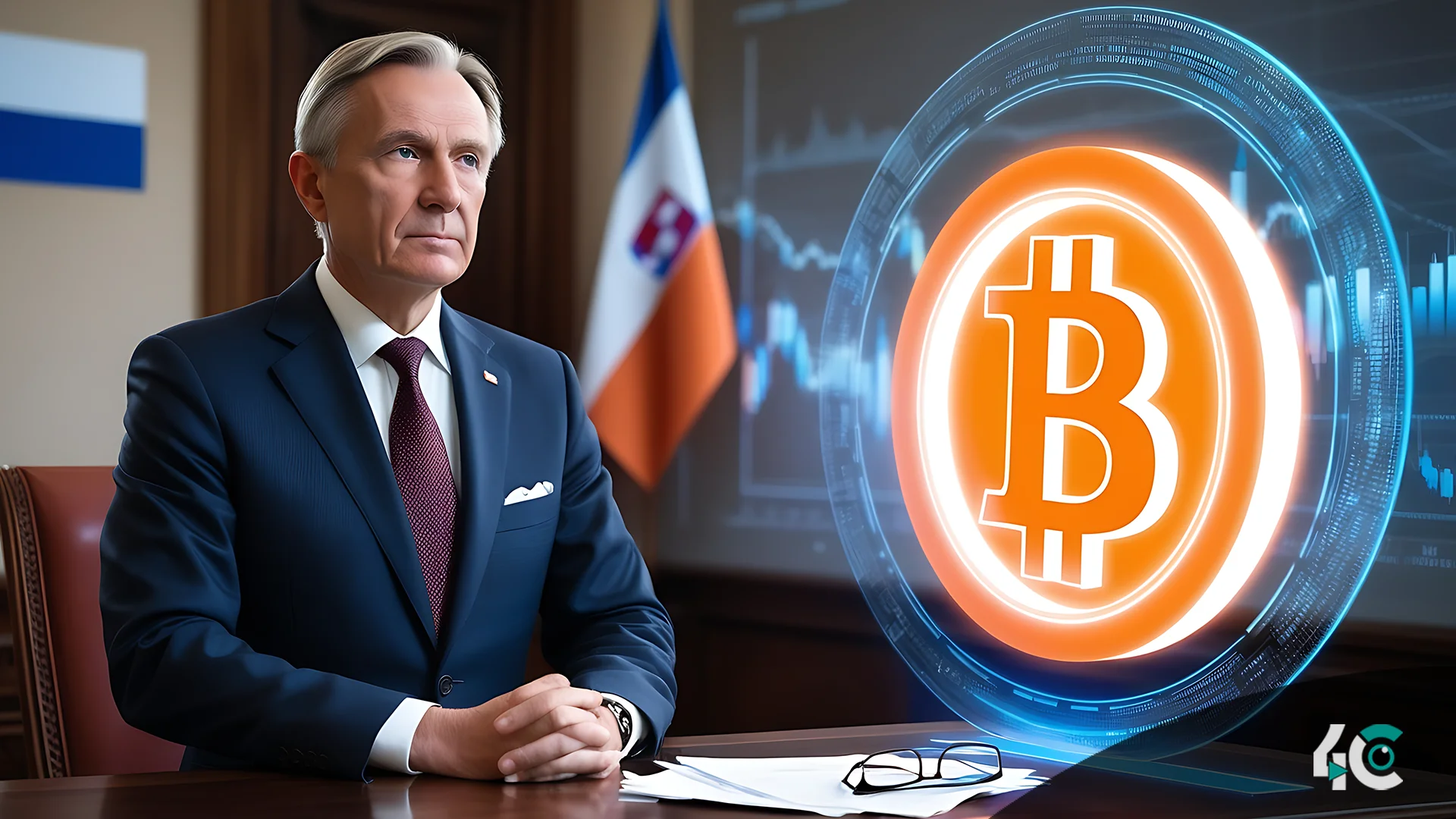The governor of the Czech National Bank, Aleš Michl, has suggested adding Bitcoin to the bank’s foreign exchange reserves. While the bank’s board has yet to approve any official steps, Michl’s statements show a shift in global organizations’ views on cryptocurrencies as viable assets.
In a recent interview, Michl stated that he considered purchasing a modest quantity of Bitcoin, calling it an “interesting option for diversification.” However, he added that this would not be a large investment and would require unanimous approval from the bank’s seven-member board. Currently, the bank intends to maintain its concentration on gold, with the goal of increasing its holdings to 5% of total assets by 2028.
The Czech Republic has recently implemented crypto-friendly regulations, including a rule that exempts long-term cryptocurrency holdings from capital gains tax for sums less than 100,000 Czech Koruna. This regulatory development positions the country as a forward-thinking player in the bitcoin industry.
Globally, the idea of Bitcoin as a reserve asset is gaining traction. Analysts anticipate that Bitcoin will play a significant role in international trade by 2050, with a potential value of roughly $3 million per coin. However, Bitcoin’s price volatility remains a concern, since it might pose considerable dangers to national reserves.
The Czech National Bank’s Bitcoin deliberation is similar to conversations in nations such as the United States, Brazil, and Japan, where policymakers are assessing the role of digital assets in economic stability. Advocates say that Bitcoin’s excellent historical returns could act as a hedge against inflation and fiat currency depreciation.
As countries examine cryptocurrency adoption, Bitcoin’s ability to redefine financial reserves has the potential to change the global economic landscape. Michl’s willingness to engage in future conversations demonstrates the growing importance of Bitcoin in long-term financial planning.



































